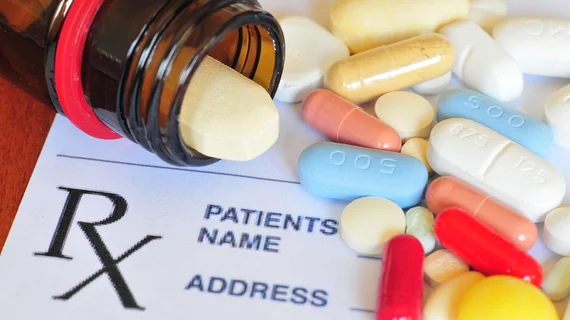Drug pricing transparency rule has no teeth
On Monday, HHS proposed a new rule to require drug manufacturers to publish prices of medicines in television ads. However, the rule has no enforcement mechanism by the agency, Kaiser Health News has pointed out.
Instead of penalizing drug companies for not publishing their prices, HHS will keep a running list of companies that are out of compliance with the rule, if it ever gets approved. The list acts as a “shaming” tool for federal regulators that will depend on the industry to police itself, KHN wrote.
The lack of enforcement action stands out as the pharmacy industry itself said it would take action toward price transparency by directing consumers to websites where they could find more information about prices. That policy, announced by industry association Pharmaceutical Research and Manufacturers of America (PhRMA), stops short of directly publishing prices in advertisements. Instead, it could bring consumers to the websites of companies, which can control the message they send on their own turf.
Furthermore, the association outwardly disagreed with the price transparency policy. Drug companies can opt in to participate in PhRMA’s policy beginning in spring 2019.
“Putting list prices in isolation in the advertisements themselves would be misleading or confusing,” Stephen Ubl, CEO of PhRMA, told KHN.
In addition, posting prices alone may not actually lower prices, as the Trump administration intends. The rule does not directly require companies to lower prices or post any justifications for their pricing.
Senator Chuck Grassley (R-IA) believes the policy will accomplish lower prices, however.
“Making drug prices available to consumers is a commonsense way to lower prices,” he said in a statement Monday. “No one buys a gallon of milk without knowing the price. Why should prescription drugs be any different?”
He further stated that direct-to-consumer ads by drug companies drive consumers to higher-cost prescription medications that contribute to rising overall healthcare costs. Most countries have banned such ads as a result.
HHS’ rule, which excludes drugs that cost below $35 per month, is still in the proposal form, and while it was applauded by policymakers on both sides of the political aisle, it isn’t clear if it will be finalized. A finalized rule could also face legal challenges, according to KHN.

